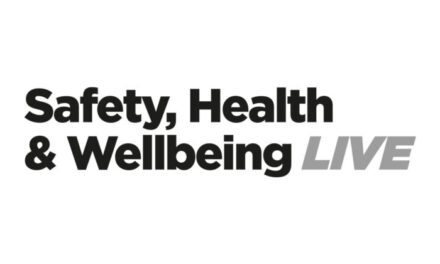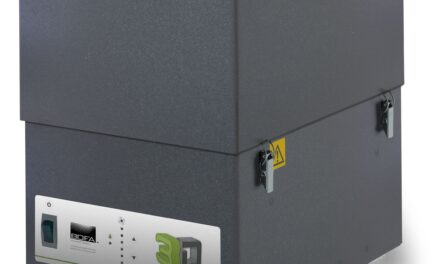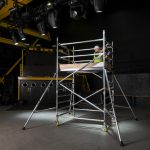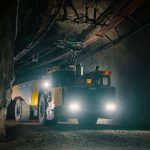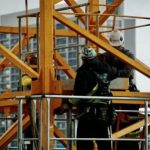From stress-busting techniques to the latest technology to prevent musculoskeletal disorders (MSDs), IOSH’s annual Food and Drink Manufacturing Health and Safety Conference will examine key areas affecting this and other industries.
Mental health campaigners Jonny Benjamin MBE and Neil Laybourn will draw on their experiences to examine the issue at the two-day event. Jonny is the creator of the ThinkWell schools mental health programme while Neil is co-founder of the ‘This Can Happen 2018’ workplace mental health platform.
Meanwhile Matthew Hatson, of Nexus8, and Joanna Yarker, of the Kingston Business School, will look into stress management.
Andy Melachrino, chair of IOSH’s Food and Drink Industries Group, said: “Managing employee mental health is crucial for the success of organisations. If organisations fail to do this it can lead to a much higher absence rate and lower productivity.
“Our conference will look at this key issue, with excellent speakers such as Jonny and Neil, as well as other key topics in our industry.”
The conference is being held from 2-3 October at the Nottingham Belfry and is designed for people working in the industry, from company directors and health and safety leaders to supervisors and worker representatives, as well as health and safety professionals from other sectors. It will also see the annual Food and Drink Health and Safety Awards being presented.
Can exoskeletons prevent MSDs?
At the conference, John Boyle, vice-chair of the IOSH Group, will discuss the trial of exoskeletons at G’s, where he is Head of Health, Safety, Risk and Continuous Improvement.
He said: “MSDs are a common risk throughout our industry. But it is sometimes difficult to avoid, or engineer out, due to physically-demanding work which can put pressure the body and putting people at risk of developing problems later in life.
“In order to effectively manage when it is not possible to remove the risk and other options have been considered, we must look outside of usual standard solutions.
“That is where the exoskeleton might be a suitable option. Exoskeletons can either provide support or enable a person to complete tasks that would not normally be possible. They already have a place in the military, manufacturing and medical sectors.”
Boyle said that in this case, the exoskeleton is a suit that workers wear to provide support by moving the pressure off vulnerable areas such as the back to stronger areas like the thighs and chest, thus reducing the risk of a worker suffering from an MSD.
He added: “We are about to trial it in our organisation, following development in the Netherlands. As this technology develops I am sure the exoskeleton will play a huge part in managing the risks of MSDs in our industry. A huge number of working days are lost because of MSDs, at a big financial cost to companies as well as the impact it can have on the individual concerned.
“Where activities that risk workers suffering MSDs cannot be engineered out, the exoskeleton could be an excellent additional tool.”
